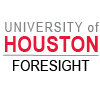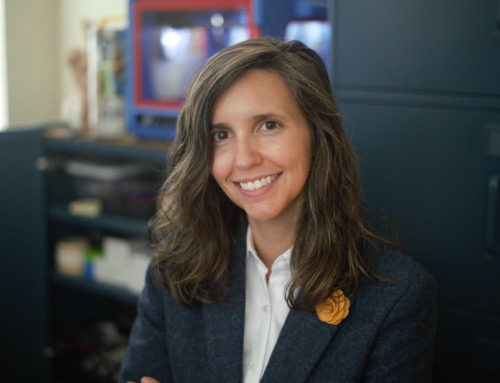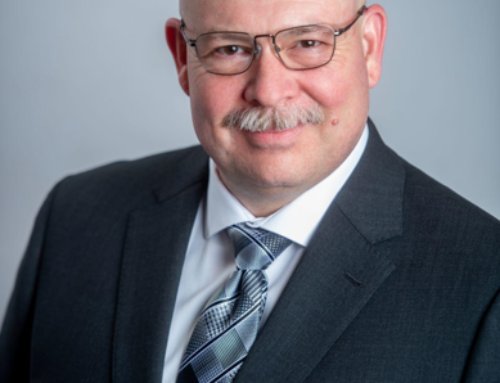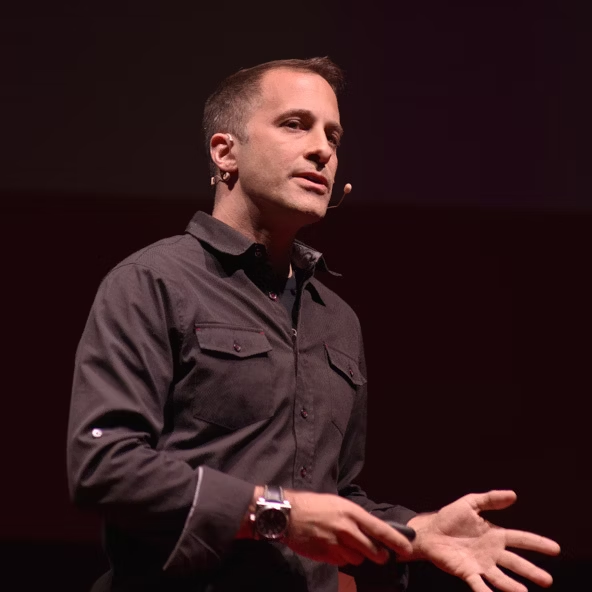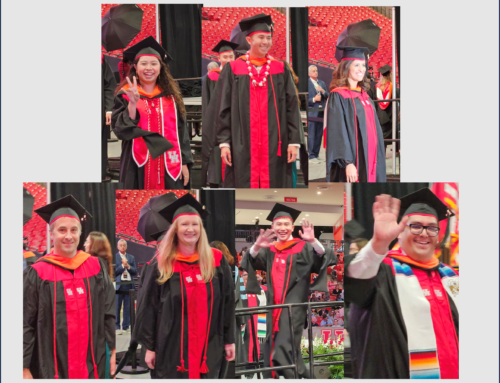Pick up The Futurist lately? The March-April 2013 issue from the World Future Society has UH people all over it –
Robert Moran (Certificate, May 2010) reviews the scenarios in the latest 30-year forecast from the National Intelligence Council, Global Trends 2030: Alternative Worlds. Thorough the scenarios, Moran points to four critical tensions that emerge and deserve more analysis than they receive in the report:
- Organizational tensions – What is the unit of measure, or the engine of change, for a study like this? Is it the traditional nation-state, global hub cities, human networks like NGOs, or civilizations?
- East and West, North and South – With economic power shifting ever eastward and southward, how will the West, specifically American, deal with this change?
- Scarcity and abundance tensions – The future scarcity of food, water, and energy, seems inevitable, but what about the role technology will play in meeting our future needs?
- Technology and job tensions – How will we deal with the loss of white-collar and manufacturing jobs with the advent of more automation and robotics? Will this slow the rise of the global middle class? And will only the highly skilled technology workers and creative class survive the transition?
Robert Bencini (also Certificate, May 2010, quite a class!) published his thoughts on the future of education and particularly on the debt that students are graduating with in “Educating the Future: The End of Mediocrity.”
Since 2000, the belief that a college degree afforded one a better future is crumbling. Causes of this trend include employers finding new graduates lacking necessary knowledge, the proliferation of free online courses (massive open online courses, or MOOCs), and the cost and debt associated with higher education.
The job applicant in this brave new world will increasingly mix traditional post-secondary education and life experience with MOOCs. Employers, in turn, will need to figure out how to assess the applicant’s knowledge gained from MOOCs. Early adopter employers are already looking for the next uncredentialed savant, and Bencini forecasts over the next 40 years even late adopters, such as the government, will join in.
As far as colleges, the next 20 years will see many of the most expensive, least effectual, mediocre private colleges die off.
Fatma Caliskan (current UH futures student from Istanbul) described the latest Turkish futures conference in “Turkish Futurists Association: Networking, Dreaming, Digitalizing.” The event was held at Microsoft Turkey in November with almost 150 attendees, and live Internet broadcasting of the conference reached around 5,000 viewers.
Topics covered included the future use of online platforms, the future of online identity, 3-D printing, futures of social media, and even futurism being accepted as an elective course at Middle East Technical University.
Congratulations to you all for sharing your insights with the wider futures community!
